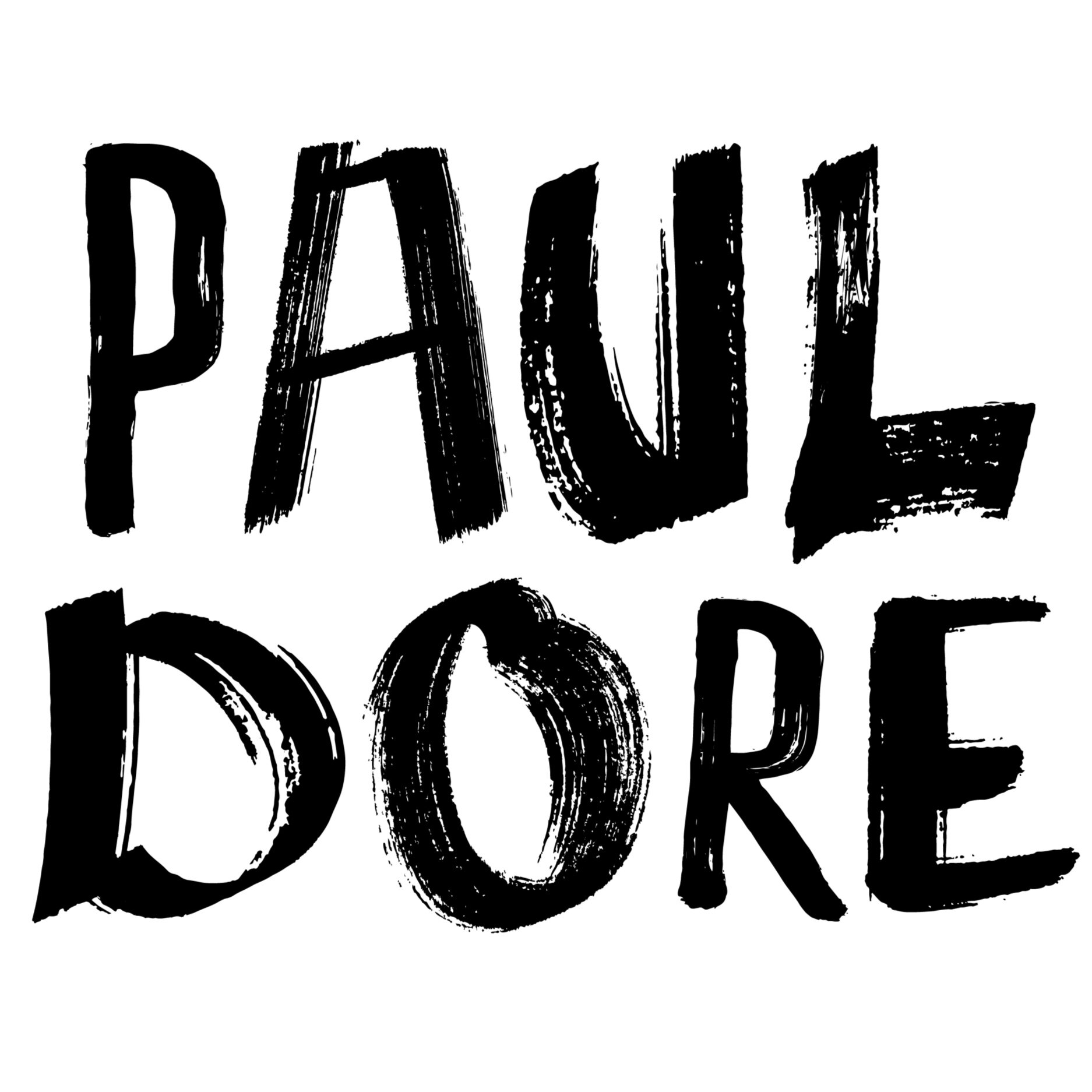6.8 Storyfire
Here’s the situation: I’m addicted. For the last seven months, I’ve been a part of Stories We Don’t Tell. Monthly, a bunch of people meet at someone’s house on a Saturday night and listen to very intimate, vulnerable and personal stories. This event grew organically out of the writing group Let’s Get Personal, which was started by Brianne Benness.
After five events and almost thirty stories, we held a retrospective this past weekend as part of the the Toronto Storytelling Festival. Our biggest event yet was held at the Centre for Social Innovation with almost one hundred people in the audience and eight storytellers (including me) - Gillian Burt, Wafa Ktaech, Graham Isador, Erin Kang, Brianne Benness, Stefan Hostetter and Zoe Simpson.
This is clearly my opinion and my intention is to not speak for the others involved in this event, but I feel there is a craving for honest and vulnerable storytelling. There’s a reason that the storytelling community has exploded in Toronto. There’s a reason we’ve packed houses over the past few months. After attending many other storytelling events, there is just something about being in the audience listening to a real person just trying to express something about their lives to you.
It’s one thing to be in the audience, it’s another to be in front of them. For years, I had been a fan of standup comedy. I’ve listened to so many comedy podcasts where comedians talked about the experience of being on stage. What appealed to me was the rush they discussed, not of people laughing at their jokes, but of standing up in front of an audience and talking about things you don’t normally say in day-to-day interactions. They talked about learning things about themselves. They talked about how by being vulnerable in front of an audience, they accessed a different part of themselves.
Standup comedy wasn’t for me. I deal more in storytelling. A few years ago, there wasn’t much going on. There was a robust music and theatre scene in Toronto. I’d even been to a bunch of poetry nights. It was just one of those timing things. Then more and more storytelling events started popping up. I’m used to going to shows alone, but now, I feel I could walk into almost any storytelling event and see people I know.
Once we decided to start our own storytelling event, we wanted to do something different. We work hard on our stories and do workshops leading up to the event. Sometimes I think we ask a lot of our storytellers in regards to time commitment. But every month at the event, I realize there is no other way we could do it. The stories are tight and with the help of the workshops, by the time the event comes along, everyone is ready.
We’ve got a successful event. We have a platform where we can constantly be expressing ourselves and practice our storytelling abilities. But beyond this, what does it mean to me? It’s become so important to me that I can’t imagine my life without doing this event every month. The organizers, the audience, the other storytellers - there is something about creating a space where we can come together and tell a story and feel that the audience is with you, you can feel them nodding their heads or laughing or crying and telling you - no matter how nervous you might be - that this is a good thing that we are doing, this is good that we are talking about these things. Perhaps the best part is that however serious the subjects, at the end of the event, most people are smiling and engaging with each other and saying, "I’ve got a story!" The topics might be sometimes difficult, but there’s also excitement in the air and something else is going on during those storytelling nights. A space opens up. A gap is filled. It’s a night where people say, "Hey, this happened to me, hear me, listen and you know what, it’s okay. We’re all just fucking people."
I think this is a healthy addiction.
Photograph by Tyler Blacquiere.
